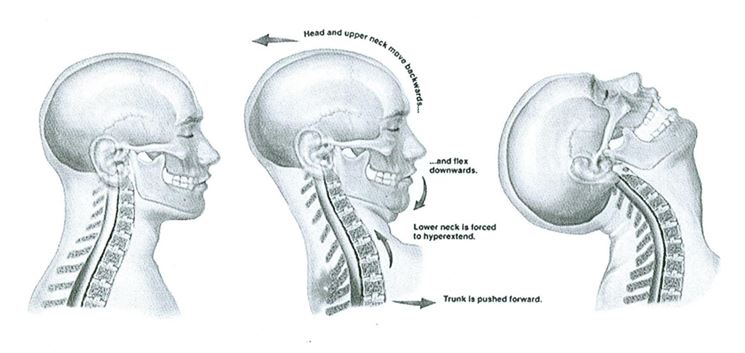

You are also more likely to develop kidney stones again if you’ve had them once. If you have a family history of kidney stones, you are more likely to develop them. Men are more likely to develop kidney stones than women. 1 Who is more likely to develop kidney stones?

About 11 percent of men and 6 percent of women in the United States have kidney stones at least once during their lifetime. Kidney stones are common and are on the rise. Cystinuria causes the amino acid cystine to leak through your kidneys and into the urine. Cystine stonesĬystine stones result from a disorder called cystinuria that is passed down through families. They can develop suddenly and become large quickly. Struvite stones may form after you have a UTI. Eating a lot of fish, shellfish, and meat-especially organ meat-may increase uric acid in urine. Uric acid stonesĪ uric acid stone may form when your urine contains too much acid. When this doesn’t happen, the calcium stays in the kidneys and joins with other waste products to form a kidney stone. Normally, extra calcium that isn’t used by your bones and muscles goes to your kidneys and is flushed out with urine. Calcium oxalate stones are more common than calcium phosphate stones.Ĭalcium from food does not increase your chance of having calcium oxalate stones. Calcium stonesĬalcium stones, including calcium oxalate stones and calcium phosphate stones, are the most common types of kidney stones. Treatment for kidney stones usually depends on their size, location, and what they are made of. You probably have one of four main types of kidney stones. You may hear health care professionals call this condition nephrolithiasis, urolithiasis, or urinary stones. The scientific name for a kidney stone is renal calculus or nephrolith. A larger kidney stone may get stuck along the way. A small kidney stone may pass through your urinary tract on its own, causing little or no pain. A doctor, such as a urologist, can treat any pain and prevent further problems, such as a urinary tract infection (UTI).

If you have symptoms of kidney stones, including severe pain or bleeding, seek care right away. Learn more about your urinary tract and how it works. A kidney stone that gets stuck can block your flow of urine, causing severe pain or bleeding. Kidney stones may be smooth or jagged and are usually yellow or brown.Ī small kidney stone may pass through your urinary tract on its own, causing little or no pain. Rarely, some kidney stones are as big as golf balls. They may be as small as a grain of sand or as large as a pea. Kidney stones rarely cause permanent damage if treated by a health care professional. Kidney stones are hard, pebble-like pieces of material that form in one or both of your kidneys when high levels of certain minerals are in your urine. What are the complications of kidney stones?.Who is more likely to develop kidney stones?.These foods include dark green vegetables, rhubarb, chocolate, wheat bran, nuts, cranberries, and beans. Limit foods that are high in a substance called oxalate, which can cause kidney stones.Eat a balanced diet that is not too high in protein.Limit the amount of salt (sodium) in your diet.Avoid antacids such as Gaviscon or Tums.Do not take more than the recommended daily dose of vitamins C and D.Depending on the cause of your stones, your doctor may recommend that you: Some changes in your diet may help prevent kidney stones. Store it in a plastic bag until you see your doctor again.

You can use a kitchen strainer or a tea strainer to catch the stone. Your doctor may ask you to strain your urine so that you can collect your kidney stone when it passes.Read and follow all instructions on the label. If you are not taking a prescription pain medicine, ask your doctor if you can take an over-the-counter medicine.If the doctor gave you a prescription medicine for pain, take it as prescribed.Call your doctor or nurse advice line if you think you are having a problem with your medicine. Take pain medicines exactly as directed.If you have kidney, heart, or liver disease and have to limit fluids, talk with your doctor before you increase the amount of fluids you drink.


 0 kommentar(er)
0 kommentar(er)
